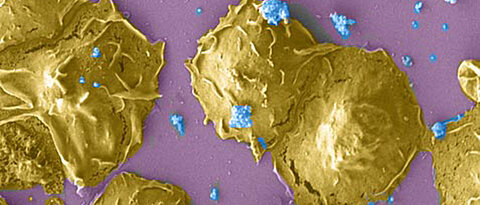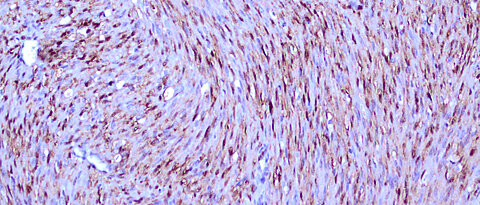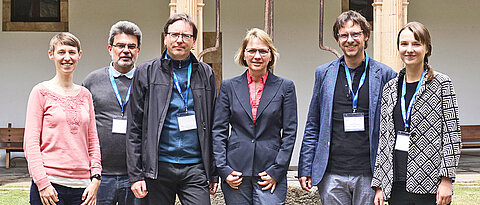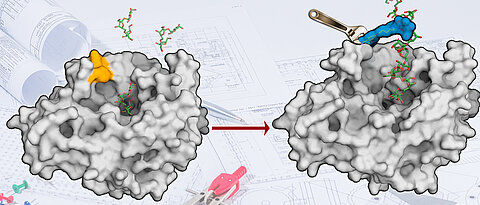From Würzburg into the world
06/30/2018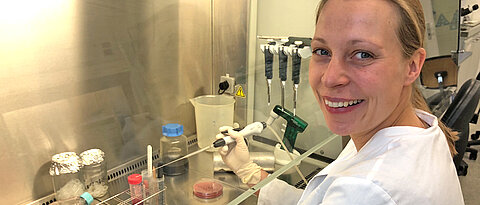
Christine Lehman studied biology at the University of Würzburg. Today, she is in Hamburg researching the complex life cycle of Plasmodium falciparum, the parasite that causes malaria.
more

